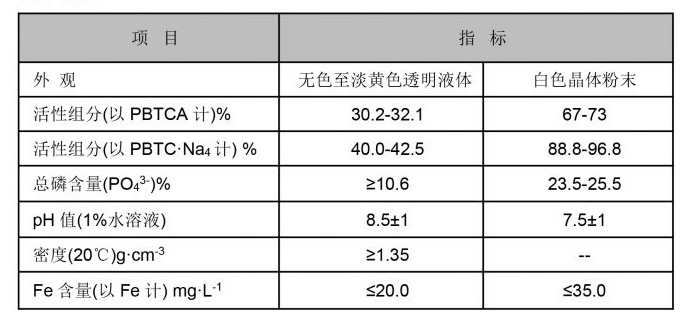flocculant water treatment
Flocculant in Water Treatment A Deep Dive into Its Importance and Applications
Water is essential for all forms of life, and ensuring its cleanliness and safety is crucial for public health and environmental sustainability. One of the key processes in water treatment is the use of flocculants, which play a significant role in enhancing the clarity and quality of water. In this article, we will explore the importance of flocculants, their mechanisms of action, and their various applications in water treatment.
What are Flocculants?
Flocculants are chemical agents that promote the clumping or aggregation of fine particles into larger masses, known as flocs. This process, termed flocculation, is vital in treating water and wastewater by facilitating the removal of impurities suspended in the water. These impurities can include organic materials, silt, microorganisms, and other contaminants that can affect water quality.
Flocculants can be categorized into two main types natural and synthetic. Natural flocculants are derived from plant or animal sources, such as starch, gums, and proteins. Synthetic flocculants, on the other hand, are made from polymers that can be tailored for specific applications. Both types of flocculants are extensively used, depending on the treatment needs and the characteristics of the water being treated.
Mechanism of Action
The effectiveness of flocculants lies in their ability to destabilize colloidal suspensions. When added to water, flocculants neutralize the charges on suspended particles, allowing them to come together to form larger aggregates. These aggregates, or flocs, then become heavy enough to settle at the bottom of a treatment vessel or can be easily separated through filtration.
The flocculation process is typically preceded by coagulation, where coagulants, such as aluminum sulfate, are used to initially destabilize the particles. After coagulants are added, flocculants are introduced to promote further aggregation. This two-step process significantly improves the efficiency of removing suspended solids from water.
Applications in Water Treatment
Flocculants have a broad range of applications in various water treatment processes
flocculant water treatment

1. Drinking Water Treatment Flocculants are commonly used in municipal water treatment plants to ensure that drinking water meets health standards. By removing impurities and pathogens, flocculants help produce clear and safe drinking water.
2. Wastewater Treatment In industrial settings, flocculants are essential for treating wastewater before it is discharged into the environment. They aid in the removal of contaminants, thereby protecting aquatic ecosystems and human health.
3. Sewage Treatment In sewage treatment facilities, flocculants contribute to the effective separation of solid and liquid phases. This ensures that solids are condensed and can be managed appropriately, leading to more efficient waste disposal.
4. Mining and Mineral Processing Flocculants are widely used in the mining industry to separate valuable minerals from ore. They help in the settling process, making operations more efficient and reducing waste.
5. Paper and Pulp Industry The paper manufacturing process also utilizes flocculants to aid in the removal of lignin and other impurities, resulting in a cleaner and higher-quality product.
Environmental Considerations
While flocculants are invaluable for water treatment, their use must be managed carefully to minimize environmental impacts. Some synthetic flocculants may produce harmful residues, and ensuring that these chemicals are biodegradable is critical. It is also essential to monitor the dosage of flocculants to avoid excessive chemical use, which can lead to secondary pollution.
Conclusion
Flocculants are a cornerstone of modern water treatment practices, helping to ensure that water is safe and clean for various uses. As industries continue to evolve and the demand for clean water grows, the role of flocculants will only become more critical. Continuous research and innovation in flocculant technology will enhance their effectiveness and sustainability, paving the way for better water treatment solutions for future generations. Proper application and management of these agents can significantly contribute to cleaner water systems, promoting health and ecological balance worldwide. Through the effective use of flocculants, we can achieve a vital step towards a more sustainable water future.
-
Premium Isothiazolinones | Broad-Spectrum Biocidal SolutionsNewsAug.28,2025
-
LK-319 Special Scale And Corrosion Inhibitor For Steel Plants: Advanced Solutions for Industrial Water SystemsNewsAug.22,2025
-
Flocculant Water Treatment: Essential Chemical Solutions for Purification ProcessesNewsAug.22,2025
-
Isothiazolinones: Versatile Microbial Control Agents for Industrial and Consumer ApplicationsNewsAug.22,2025
-
Scale Inhibitor: Key Solutions for Water System Scale PreventionNewsAug.22,2025
-
Organophosphonates: Versatile Scale Inhibitors for Industrial Water SystemsNewsAug.22,2025





